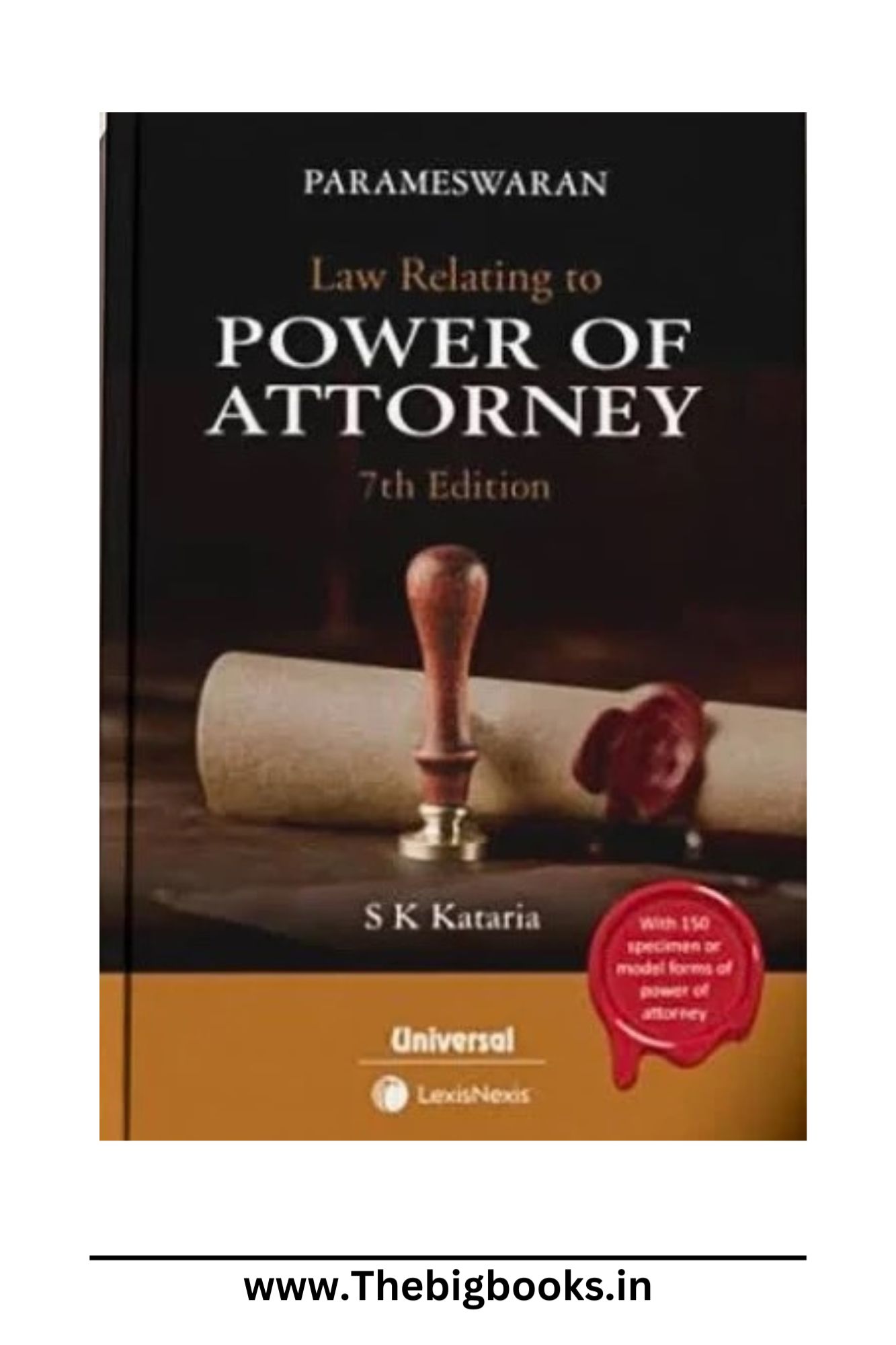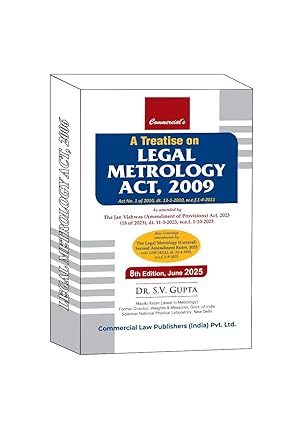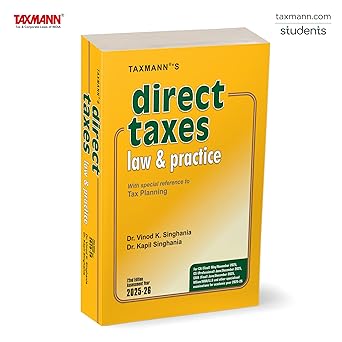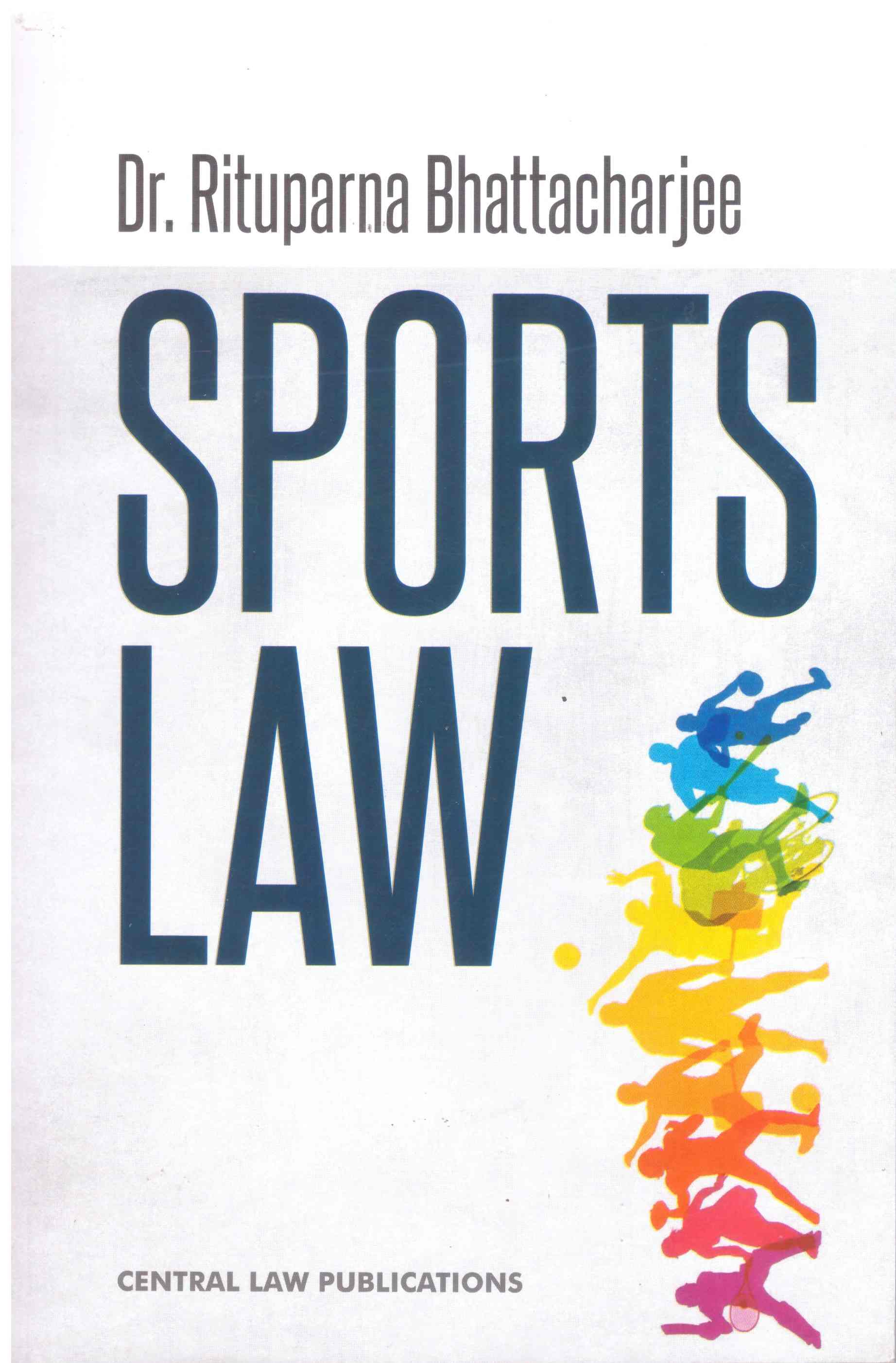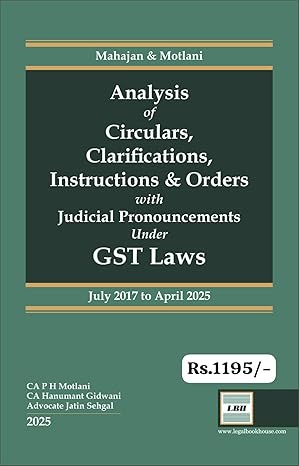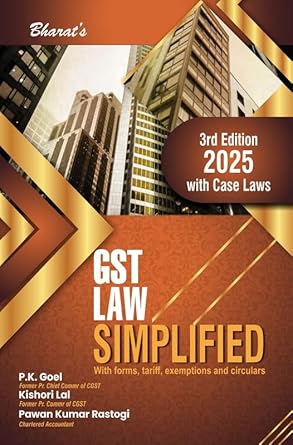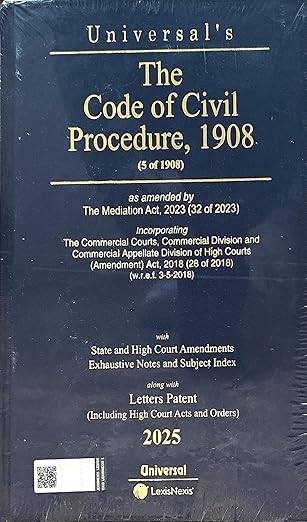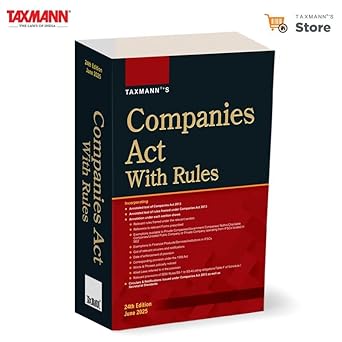LexisNexis: Law Relating To Power Of Attorney 7th Edition 2025.
| Author : | PARAMESWARAN, S K KATARIA |
|---|
LexisNexis: Law Relating To Power Of Attorney 7th Edition 2025.
1. Introduction to Power of Attorney (PoA)
- Power of Attorney (PoA) is a legal document that allows one person (the principal) to appoint another (the agent or attorney-in-fact) to act on their behalf. The document can be limited or general in scope, with specific instructions for the agent.
- The book outlines the legal framework governing PoA, including the necessary formalities and requirements for validity.
2. Types of Power of Attorney
- General Power of Attorney (GPA): Grants broad authority to the agent, allowing them to perform almost any legal act on behalf of the principal.
- Special Power of Attorney (SPA): Specifies particular actions or tasks that the agent can perform, such as managing a property or conducting financial transactions.
- Durable Power of Attorney: Continues to be valid even if the principal becomes incapacitated.
- Springing Power of Attorney: Becomes effective only upon the occurrence of a specific event or condition.
3. Execution and Registration
- The book details the procedure for executing a PoA, including the necessity for the principal's signature, witnesses, and in some cases, notarization.
- For certain types of PoA, such as those relating to immovable property, registration is required under the Registration Act of 1908.
- It emphasizes the legal importance of correct execution to prevent disputes or challenges to the document.
4. Authority and Limitations of the Agent
- The book provides a comprehensive explanation of the agent’s powers and responsibilities under PoA. The agent must act in the best interests of the principal, avoid conflicts of interest, and comply with the specific terms outlined in the PoA.
- It also explores the legal limitations, such as the prohibition on certain actions, like making gifts or altering the principal's will, unless expressly authorized.
5. Revocation and Termination of PoA
- A PoA can be revoked by the principal at any time as long as they have the capacity to do so.
- The book discusses the methods of revocation, including written notice to the agent and any third parties relying on the PoA.
- It also covers termination by operation of law, such as the principal’s death, incapacity, or fulfillment of the purpose of the PoA.
6. Judicial Considerations and Disputes
- The 7th edition includes updated case law and judicial decisions that clarify how courts interpret and enforce PoA in various scenarios.
- Issues such as fraud, undue influence, and the scope of authority are frequently addressed in legal disputes regarding PoA.
7. Relevance of PoA in Modern Legal Context
- The book explores the evolving role of PoA in business transactions, healthcare decisions, and estate planning. It provides an analysis of PoA in the context of online transactions and digital signatures, which are becoming more prevalent.

